nEWS Archive
Archive

DMP questionnaires can be challenging because the “right” answer often depends on the specifics of your project. NFDI4ING RDMO now includes an integrated chatbot that supports you directly in the questionnaire.
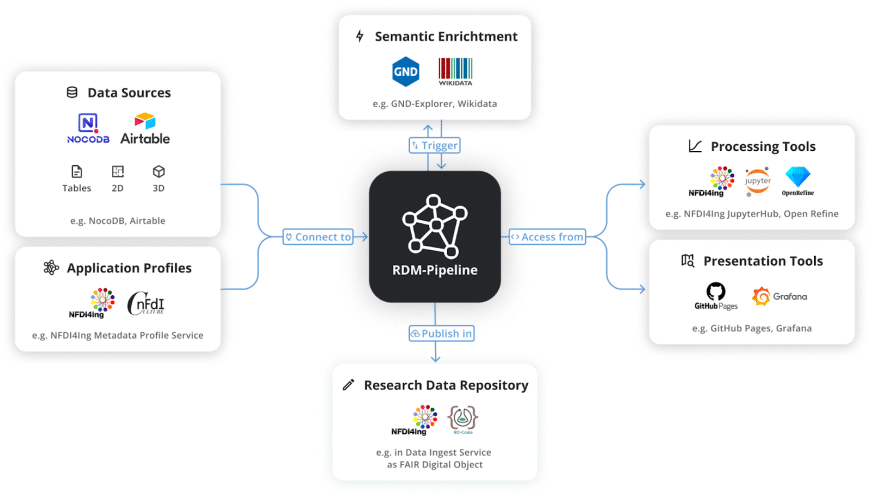
Building on earlier NFDI4ING Seed Fund results, a new DFG-funded project advances the development of a scalable RDM pipeline to transform complex architectural data into FAIR digital objects.
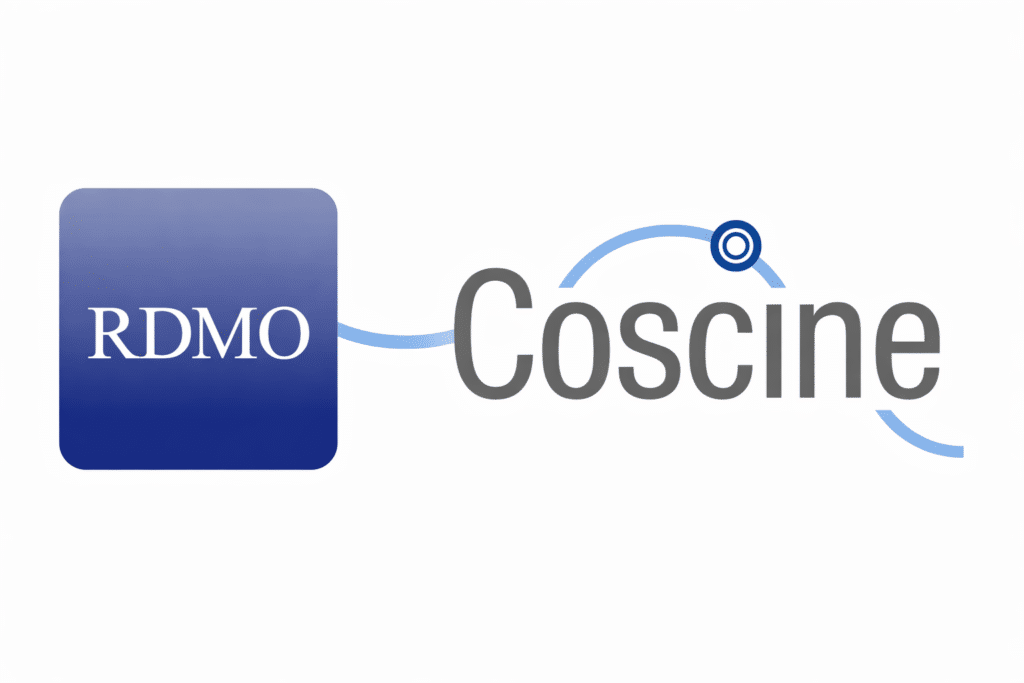
NFDI4ING has started work on the integration of RDMO and Coscine. The aim of this initiative is to enable seamless interoperability between the two services
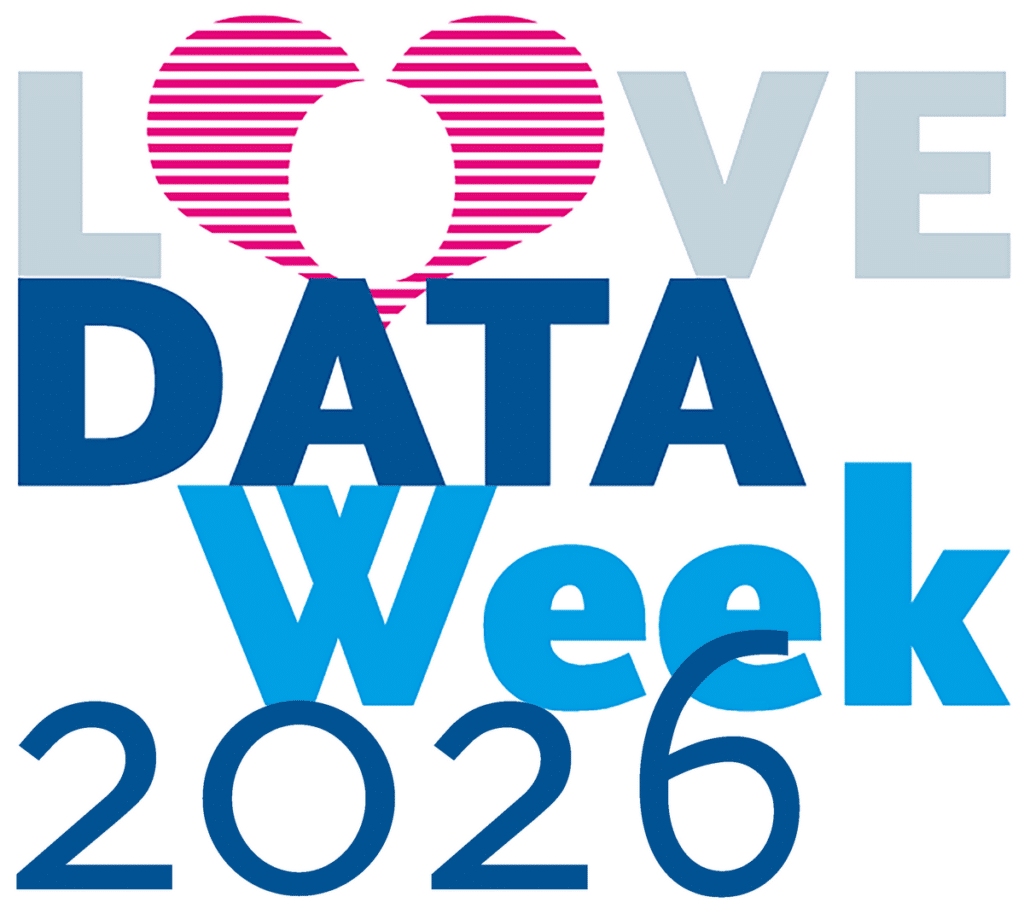
As part of Love Data Week, NFDI4ING is participating with several talks related to research data management.

From stained glass to data models: “Windows on Data” brings together consortia across the NFDI to explore how heterogeneous research data can work seamlessly together.
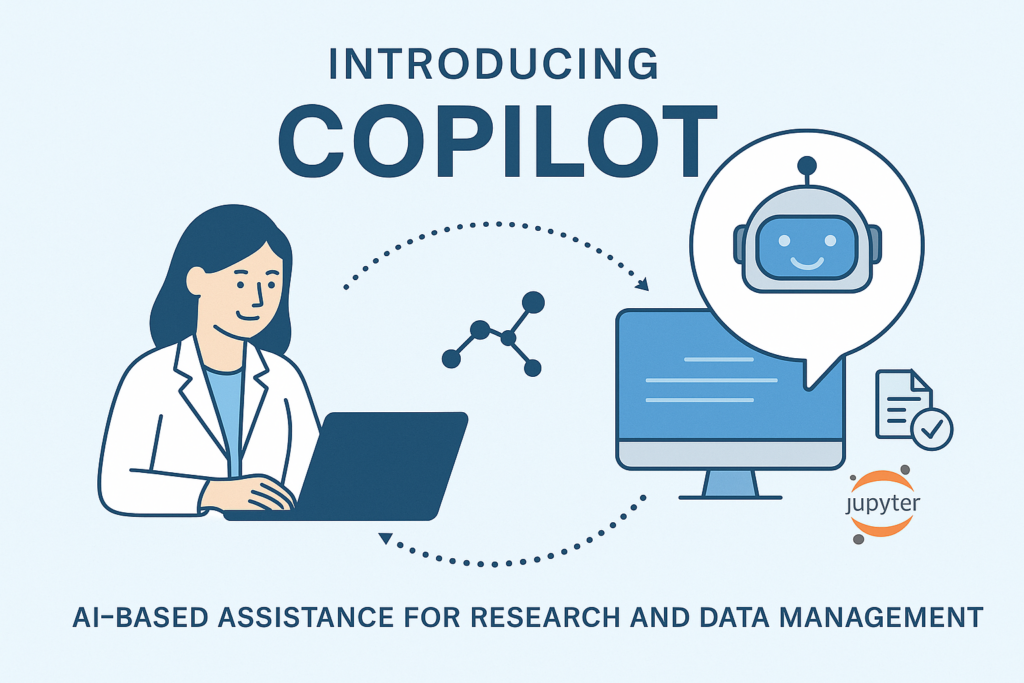
NFDI4ING launches “Copilot,” a new AI-driven task area that enhances research data management and software engineering through chat-based support, improved JupyterHub tools, and integrated generative AI.
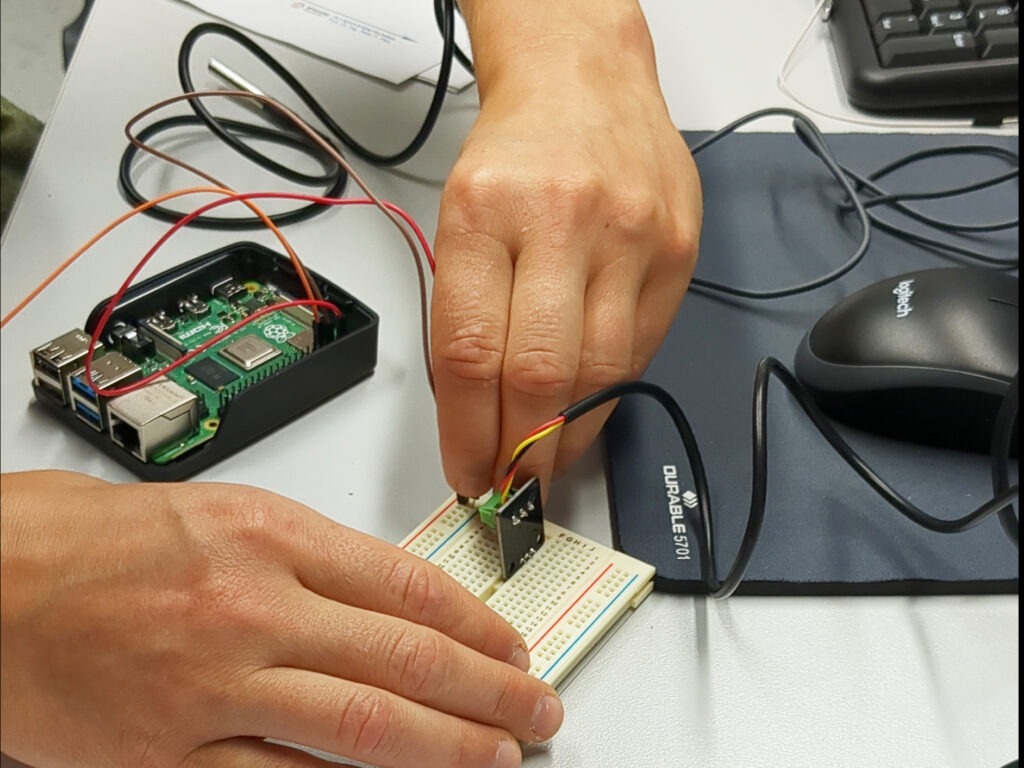
NFDI4ING strengthens data literacy from day one: a digitalization lab course from TU Darmstadt inspires other universities to integrate research data management into engineering education.
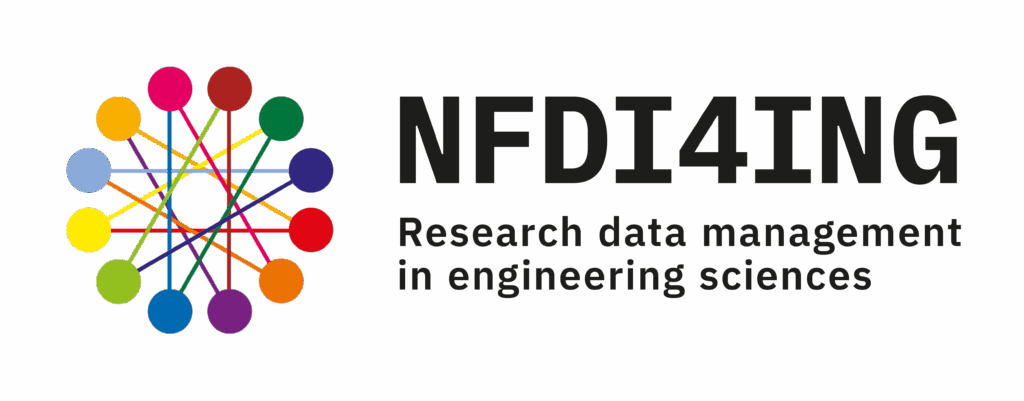
The NFDI4ING Conference 2025 brought our community together in Darmstadt - now we look ahead to a joint NFDI4ING & NFDI4Cat event in Frankfurt, set to spark new synergies in FAIR data and digital research.

A new CFD dataset illustrates how FAIR digital objects are used in NFDI4ING to provide documented simulations, configs, logs, and metadata in a neat, re-useable package.
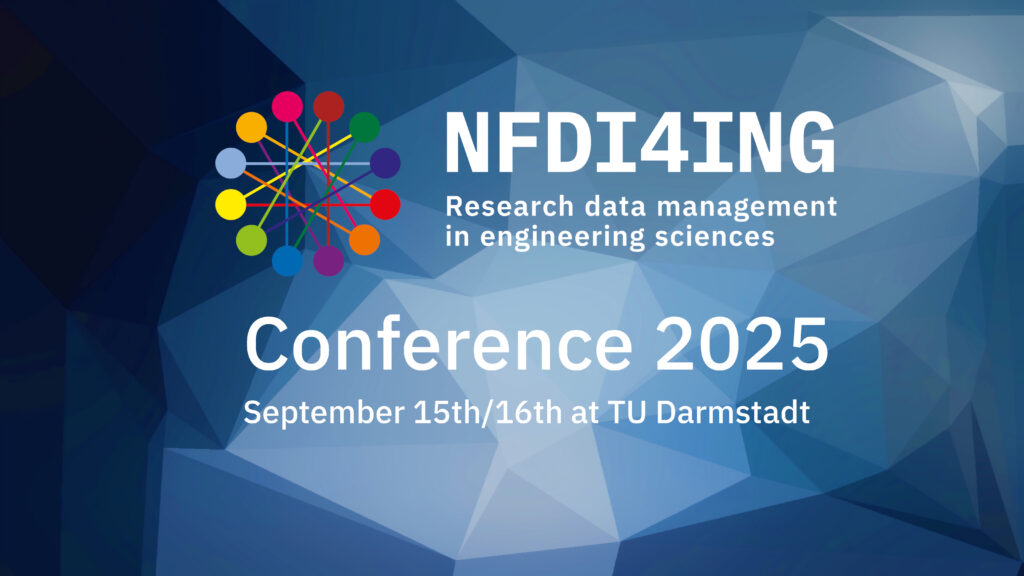
The NFDI4ING conference 2025 focused on advancing FAIR data practices and infrastructures in the engineering sciences. Cross-disciplinary collaboration, leveraging AI, and discussing pathways to discipline standards in research data management were key topics in the conference situated at the picturesque
